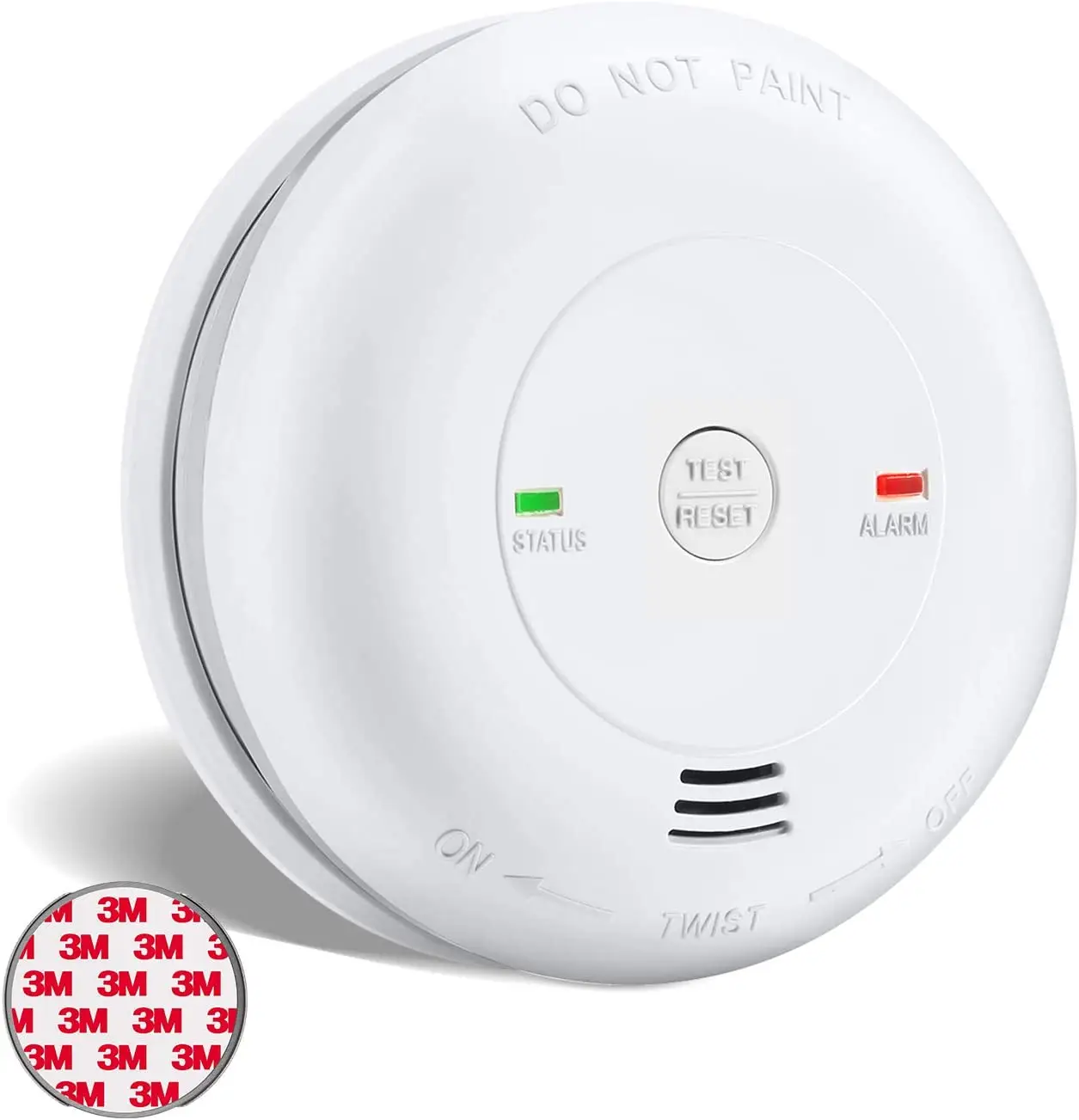Silent Threat: Why Every Home Needs a Carbon Monoxide Detector
Imagine this: A family sleeping peacefully, unaware of the invisible, odorless gas silently filling their home. By the time they wake up, it could be too late. Carbon monoxide poisoning claims hundreds of lives yearly, yet it’s entirely preventable. Are you sure your home is protected?
What Is Carbon Monoxide and Why Is It Dangerous?
Carbon monoxide (CO) is a colorless, odorless, and tasteless gas produced by burning fuel in appliances like stoves, furnaces, water heaters, and fireplaces. When inhaled, CO binds to red blood cells, reducing oxygen delivery to vital organs and tissues, leading to symptoms like headaches, dizziness, nausea, and even death. It’s often called the “silent killer” because it strikes without warning.
North Carolina Laws Requiring Carbon Monoxide Detectors
North Carolina has strict laws to protect residents from carbon monoxide poisoning. Here’s what you need to know:
- Carbon Monoxide Detector Requirements for Homes:
- Newly Built Homes: Since 2011, all newly constructed single-family homes in North Carolina must have carbon monoxide detectors installed if the home contains any fuel-burning appliances or has an attached garage.
- Existing Homes: Any home sold or leased with fuel-burning appliances or an attached garage must also be equipped with a CO detector. This applies to rental properties as well.
- Carbon Monoxide Alarms in Rental Properties:
- Landlords are required to install and maintain CO detectors in rental units with fuel-burning appliances or garages.
- Tenants must notify landlords if alarms malfunction, but it is the landlord’s responsibility to ensure proper working conditions.
- Placement of Detectors:
- CO detectors must be installed outside sleeping areas and on every floor of the home.
- In rental units, detectors should also be placed in central locations accessible to all occupants.
How to Choose the Right Carbon Monoxide Detector
Not all CO detectors are created equal. When selecting one for your home, consider these factors:
- Types of Detectors:
- Battery-Powered: Easy to install but requires regular battery checks.
- Hardwired: Connects directly to your home’s electrical system; often includes battery backups.
- Smart Detectors: These sync with your smartphone, providing alerts even when you’re not home.
- Features to Look For:
- Digital Display: Shows CO levels in real-time.
- Test/Silence Button: Ensures the device is functioning correctly and allows for temporary muting during non-emergencies.
- Combination Alarms: Some devices detect both smoke and carbon monoxide.
North Carolina’s Carbon Monoxide Statistics and Why Action Is Urgent
North Carolina sees dozens of CO poisoning incidents yearly, many of which could have been prevented with proper detectors. The risks are higher in winter due to the increased use of fuel-burning heating appliances. Protect your family by being proactive—don’t become another statistic.
Frequently Asked Questions About Carbon Monoxide Detectors
1. Do I need a CO detector if my home is all-electric?
If your home has no gas appliances and no attached garage, CO detectors may not be required. However, they’re still a good precaution in case of neighboring emissions.
2. How often should I replace CO detectors?
Most CO detectors have a lifespan of 5-7 years. Check the manufacturer’s guidelines for replacement timelines.
3. What are the symptoms of CO poisoning?
Early symptoms include headaches, dizziness, confusion, nausea, and shortness of breath. Severe poisoning can lead to unconsciousness and death.
4. Can I install CO detectors myself?
Yes, most CO detectors are easy to install. However, for hardwired systems, you may need professional assistance.
5. Are CO detectors required in North Carolina for vacation rentals?
Yes, vacation rental properties with fuel-burning appliances or attached garages must have working CO detectors.
How to Install and Maintain Carbon Monoxide Detectors
Installation Tips:
- Place detectors outside each sleeping area and on every floor.
- Avoid installing detectors near windows, vents, or HVAC units, which may affect readings.
- Follow the manufacturer’s instructions for optimal placement.
Maintenance Tips:
- Test alarms monthly to ensure they’re working correctly.
- Replace batteries annually or when the alarm indicates low power.
- Vacuum the detector to remove dust and debris.
Why You Should Act Now
If your home doesn’t have a working carbon monoxide detector, you’re putting your family at risk. Protect your loved ones by investing in quality detectors today. Remember, CO poisoning doesn’t give second chances—it only takes one incident to cause irreversible harm.
Call to Action: Protect Your Family Today!
Don’t wait until it’s too late. Ensure your home complies with North Carolina’s carbon monoxide detector laws. Contact your local professionals for advice on the best CO detectors and proper installation.
Call us now at (252)-523-8255 for expert recommendations and assistance in safeguarding your home from this invisible danger.

